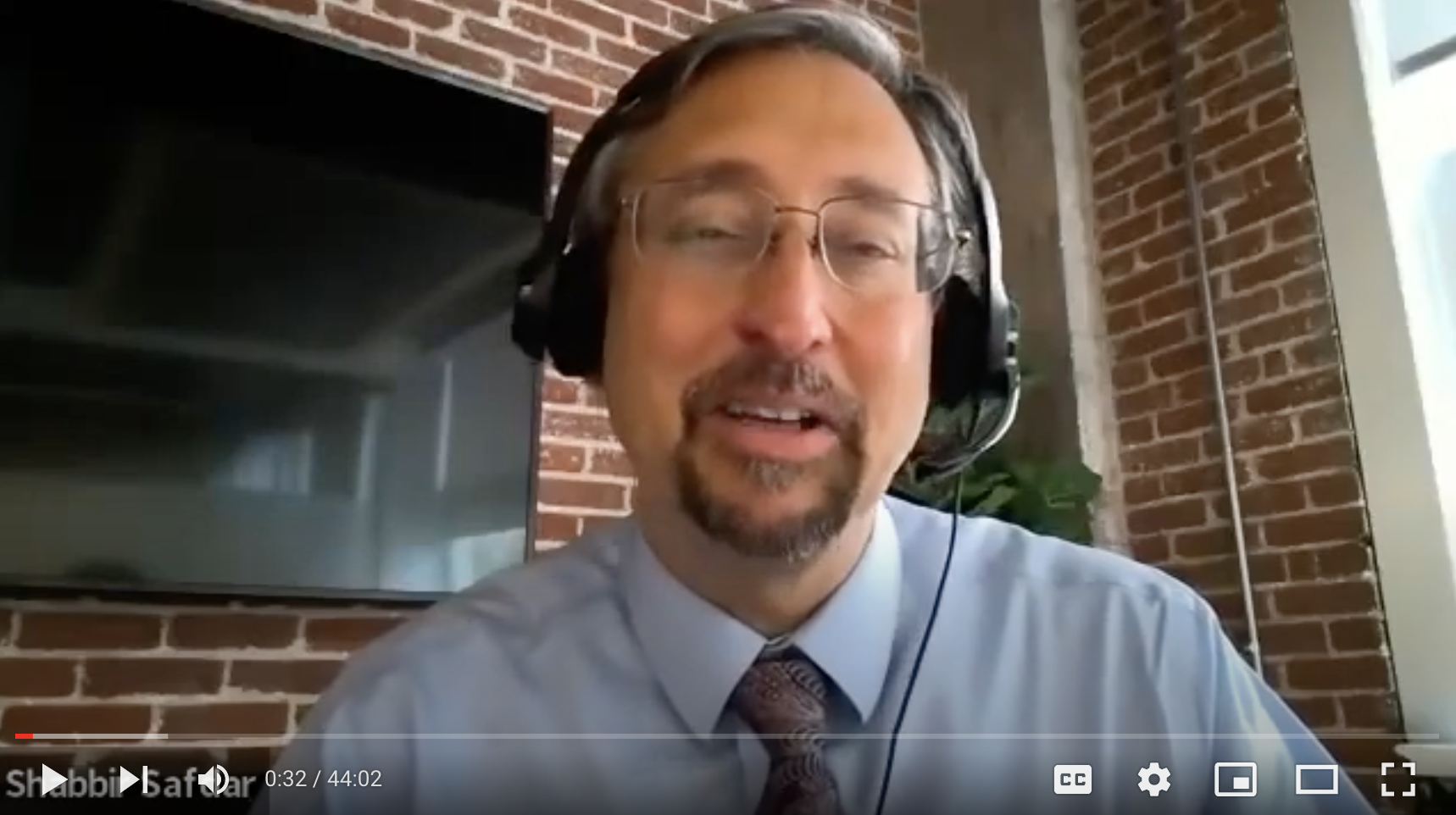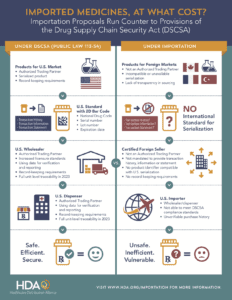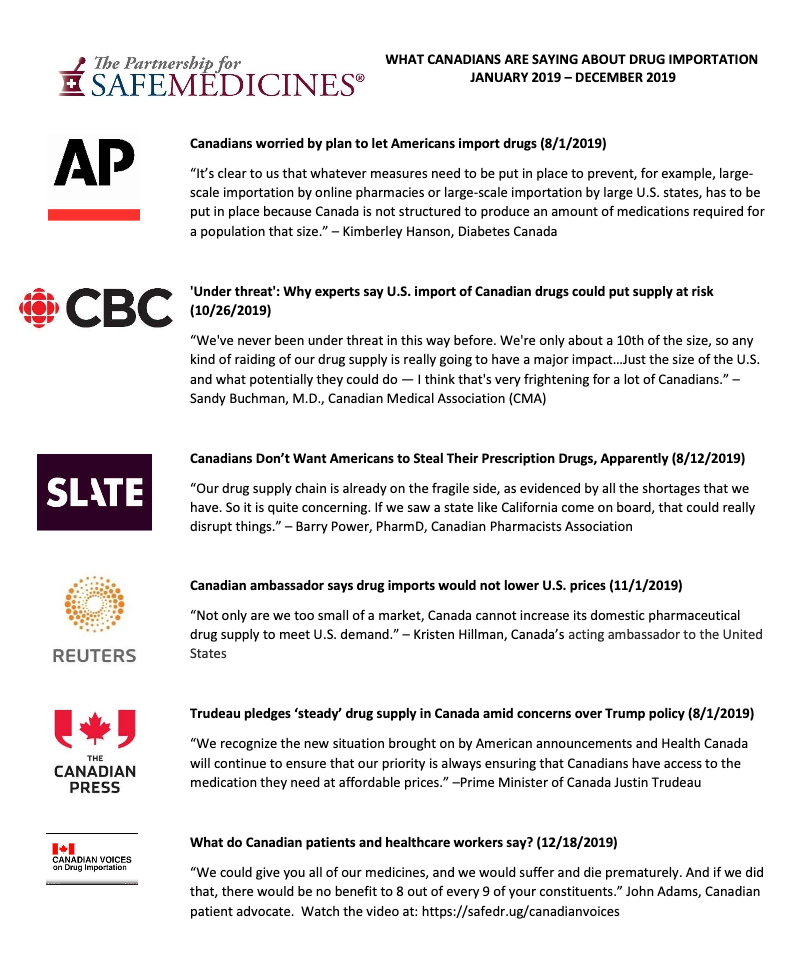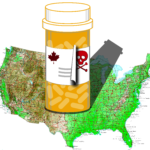Drug importation endangers U.S. patients
The idea that we can reduce healthcare costs by simply bulk importing medicine from countries where it costs less is a popular but deeply flawed policy proposal. Countries like Canada have drug shortage problems and have objected to the proposal, and others are certain to follow.
The pandemic has shown us just how low criminals will sink as the U.S. was awash in counterfeit medical products and no easy way to prosecute the fraudsters overseas. Criminal organizations all over the world make an estimated $4.4 billion each year selling unreliable and sometimes toxic look-alike products that harm patients, and as many as 285,000 children may die every year after receiving fake treatments for pneumonia or malaria.
We should not invite these difficult-to-prosecute criminals into our pharmaceutical supply chain and break the track and trace system that's already starting to protect American patients.
On May 24, 2022, PSM held an online congressional briefing to let legislators know why drug importation is a dangerous proposition.
Speakers included
- PSM's Executive Director Shabbir Safdar,
- Dr. Kenneth McCall, Pharmacist & Professor of Pharmacy at the University of New England,
- Fentanyl awareness advocate Andrea Thomas,
- Mark Baughman, Law Enforcement Veteran, DEA & Pinellas County Sheriff’s Office,
- Sheriff Scott Mellinger, Madison County Indiana Sheriff, and
- Christina Cella, Chief Pharmacy Officer of the Canadian Society of Hospital Pharmacists.
Watch highlights from the briefing or the entire event below.
Start here: PDF Factsheets about importation
- Why won't Canadian drug importation work?
- Pandemic counterfeits demonstrate the danger of Canadian drug importation
- Has Canadian drug importation been tried before? How did it work out?
- What Canadians are saying about Canadian drug importation
- What is "track and trace," how does it protect our drug supply, and does Canada use it?
Are There Counterfeit Prescription Drugs in the U.S.? Yes.
As of 2022, the United States is experiencing an outbreak of counterfeit HIV drugs that rivals the fake medicines that thousands of doctors' offices were warned to stop importing between 2012 and 2016.
Counterfeit prescription pills made with fentanyl and other dangerous drugs are readily available and have killed people in all 50 states.
How can drugs from Canada and Europe be dangerous?
Drug importation supporters believe that drugs purchased from “safe” countries are subject to strict regulations and oversight. This is not true.
Imported prescription drugs fall outside of regulation in other countries and the FDA can't ensure their safety, either. The drugs that Canadian online pharmacies sell Americans, for example, are not the same as the ones Canadians take. In 2017, the National Association of Boards of Pharmacy found that 74% of 108 so-called Canadian pharmacy sites that they reviewed sourced the medicines they were selling from outside Canada. Canada has been explicit that "Health Canada does not assure that products being sold to U.S. citizens are safe, effective, and of high quality, and does not intend to do so in the future.”
Can we make imported drugs safe by keeping track of where they come from? No.
Importation undermines our core efforts to keep our medicine supply safe.
State and federal authorities regulate every entity in the U.S. supply chain from the point of manufacture until a medicine is dispensed, and that makes counterfeits in the legitimate supply chain rare.
In 2013, Congress passed the Drug Supply Chain Security Act to make the supply chain even stronger. This system only works as well as the entities participating in it fear regulatory enforcement.
The Healthcare Distribution Alliance offers a brief take on why importation and track and trace are incompatible in their infographic, Imported Medicines, At What Cost?, at left.
Canadians Think That Americans Buying Canadian Medicine Is A Bad Idea.
The list of issues with Americans ordering from the Canadian drug supply is legion.
First, it's unlikely we can actually get medicines out of their domestic drug supply.
Canada does not prosecute people who put up fake Canadian web pharmacies so those sites abound online—but if we actually did try to get medicine from the Canadian domestic drug supply, it's not legal for their pharmacists to dispense to us. Three different Canadian pharmacy regulators said this is not allowed under Canadian licensing.
Second, Canada doesn't have enough medicine to fill our prescriptions. PSM's board member Marv Shepherd researched this and estimated that if 20% of U.S.prescriptions were sourced from Canada, they would strip Canada's name brand drug supply in 165 days.
Canada's federal government, Canadian patient groups and pharmacy regulators from the Canadian provinces of Manitoba and Newfoundland and Labrador share these concerns. Even the association that represents pharmacy boards across Canada weighed in against importation.
Are these drugs really hurting people? Yes.
- As of August 2021, people in all 50 states have died because they accidentally took counterfeit prescription painkillers or fake Xanax.
- Counterfeit medicines have reached patients like Betty Hunter, who died of lung cancer without knowing that her physician had treated her with illegally imported drugs.
- The Partnership collects examples of patients harmed by these drugs on our Counterfeit Drug Victims page.
Can't We Stop These Killers?
Stopping the counterfeit medicine trade is a problem of resources. Agencies need more staff and better technology to catch illegitimate medicines coming into the country. Forensic laboratories need the time and money to identify the cause of unexpected deaths. Law enforcement needs to be able to investigate drug smugglers and extradite foreign distributors for prosecution. This has proven difficult.
- The Department of Justice indicted six CanadaDrugs.com executives for selling fake Avastin to American oncologists in 2014, but were unable to extradite them. Instead, the defendants plea bargained in exchange for fines and probation, and served no jail time.
- When the U.S. prosecuted RxNorth founder Andrew Strempler for falsely claiming that unregulated medicines he sold Americans met U.S. safety standards, they had to persuade Panama to deport him, and arrest him in the Miami airport during a flight layover.
Statutes also need to change. A 2017 legal review that analyzed more than 100 criminal cases related to fake Internet pharmacies concluded that "current legal tools and regulatory policies do not effectively deter this highly profitable criminal activity."
How Can We Protect Americans?
Only buy drugs from licensed U.S. pharmacies.
PSM maintains resources to educate patients about the risks of importation. Americans can save money safely by taking generic drugs when appropriate, comparing prices among licensed U.S. pharmacies, and pursuing patient assistance programs.
New to this issue? Learn Why
Importation news
Learn about Canadian drug importation; about Federal or state implementation in Colorado, Connecticut, Florida, Maine, New Hampshire, New Mexico, Texas, or Vermont; or check the progress of bills in state legislatures.







